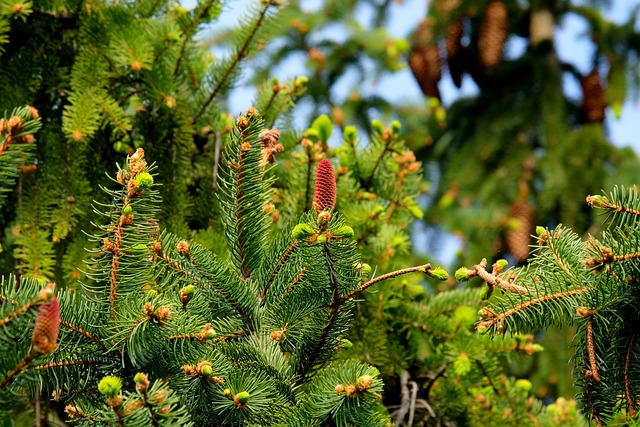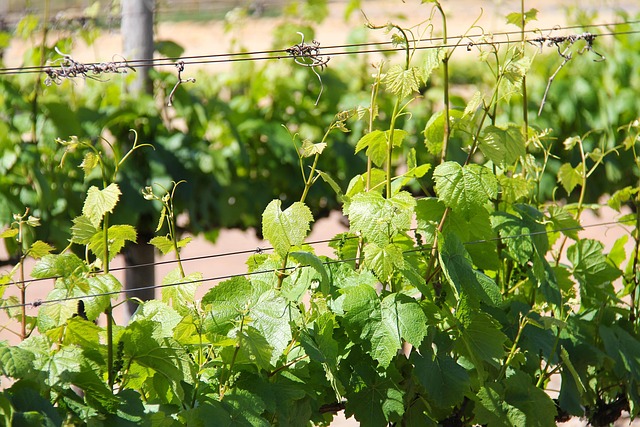Exploring Eco-Friendly Agricultural Innovations for a Sustainable Environment
In recent years, the phrase go green” has transitioned from a trendy slogan to a vital call to action. More than ever, people are realizing the impact of human activities on our planet. Among the various arenas where this green movement manifests, gardening and agricultural innovations stand out as pivotal. Embracing sustainable practices not only contributes to a healthier environment but also fosters a deeper connection with nature.
The time has come to combine our love for gardening with cutting-edge agricultural innovations that promote an eco-friendly lifestyle. Community gardens and urban farming projects have burgeoned, demonstrating that even small spaces can contribute significantly to sustainability. Utilizing techniques such as vertical gardening and hydroponics, these initiatives allow city dwellers to grow fresh produce without the extensive land use typical of traditional farming.
One remarkable example of agricultural innovations lies in permaculture, a design philosophy that mimics the natural ecosystems. By focusing on soil health, water conservation, and biodiversity, permaculture not only yields plentiful harvests but exemplifies how to work with nature instead of against it. Practitioners of permaculture cultivate a resilient system where plants, animals, and humans coexist harmoniously, producing food while nurturing the planet.
Companion planting is another eco-friendly strategy gaining momentum. This practice involves growing different crops together to enhance growth, repel pests, and optimize space. For instance, planting marigolds alongside vegetables can deter harmful insects, allowing for a natural pest management system. This ancient technique exemplifies intelligent agricultural innovations that yield maximum benefits while minimizing chemical reliance.
In a world where the repercussions of climate change are continually unfolding, adopting integrated pest management (IPM) systems is more crucial than ever. IPM uses a combination of biological, cultural, and mechanical practices to manage pests sustainably. By prioritizing natural predators and introducing beneficial insects into our gardens, we create a balanced ecosystem that reduces the need for harmful pesticides, further promoting a greener environment.
The role of technology in transforming how we garden cannot be overlooked. Innovations such as precision agriculture, which employs drones and sensors, enable farmers to monitor crop health and soil conditions with unparalleled accuracy. This targeted approach minimizes resource waste and reduces the environmental footprint of farming practices. Even home gardeners can take advantage of tech solutions like app-integrated smart gardens, fostering eco-conscious habits from the comfort of our backyards.
Furthermore, the rise of organic gardening is a testament to our collective desire for cleaner, safer food options. By focusing on natural fertilizers and organic pest control methods, organic gardens not only promote human health but also contribute to a sustainable environment. They help restore soil vitality, improve biodiversity, and support the planet’s ecosystems, offering a holistic approach towards agricultural innovations.
Lastly, planting native species in our gardens is one of the simplest yet most impactful ways to support local biodiversity. Native plants are adapted to the local climate and soil, making them hardier and less resource-intensive. By incorporating these plants into our landscapes, we create environments that sustain local wildlife, enhance soil health, and provide a sense of place that celebrates the beauty of nature.
As we reflect on our gardening practices, it’s clear that integrating agricultural innovations only strengthens our commitment to a green, sustainable lifestyle. By harmonizing our love for gardening with eco-friendly methods, we not only nurture our gardens but also foster a healthier world for future generations.




